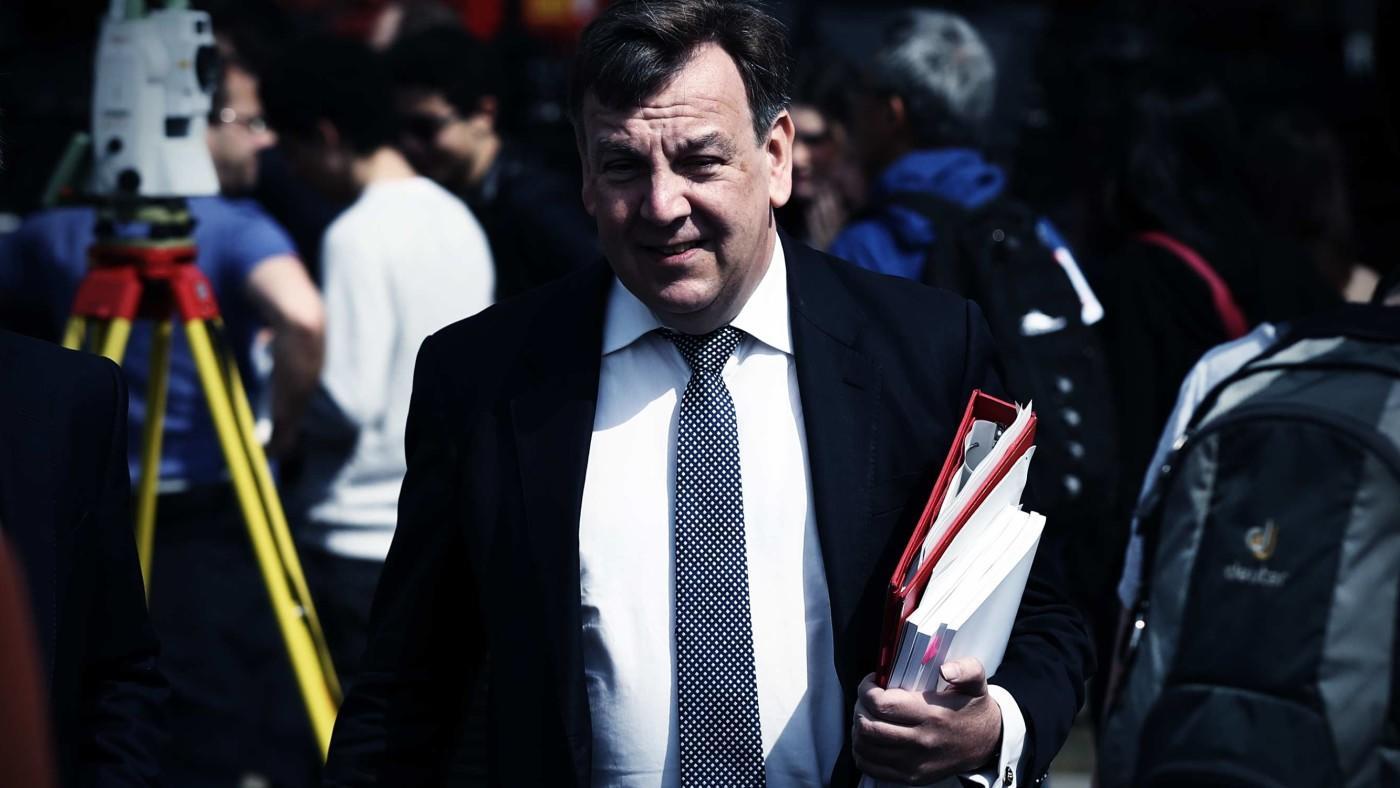It’s another seismic non-event in British broadcasting. With the publication today of the government’s White Paper on the future of the BBC, headline writers are dusting off all the classic clichés – “shake-up”, “government crackdown” – to dramatise the drab reality that the most sclerotic institution in Britain since the demise of British Rail has just secured a further 11 years of taxpayer-funded business as usual.
Of course there are a few modest reforms. It is good news that the National Audit Office will become the Corporation’s financial auditor and that Ofcom will replace the in-house BBC Trust as its official regulator. It was high time such basic systems for accountability were put in place.
As for the supposedly sensational development – making the Corporation trial new paid-for services – these are for additional services only. Culture Secretary John Whittingdale’s appeal to the BBC to consider whether subscription services could provide a “more sustainable funding model” than the licence fee, it can safely be predicted, will provoke a negative verdict from the Corporation, backed by a thousand fabricated objections.
The whole package amounts to putting a band-aid on a terminal patient. The Government is taking pride in inserting six of its nominees onto the BBC’s new governing board. That should work interestingly if ever Jeremy Corbyn makes it to Number 10.
Although the blasphemous suggestion provokes shrieks of outrage from Corporation groupies, it is long past time for the BBC to be privatised. If the Government felt unable to grasp that nettle, the preliminary reform that should have been undertaken was abolition of the licence fee, not today’s token, tentative initiative.
It is an outrage that the BBC, while pocketing £3.7bn from its Poll Tax of the airwaves, acts as gatekeeper to all competing television channels. Why should viewers paying subscriptions to commercial channels have to pay £145-50 annually to a broadcaster they may never watch? Where is the free market in that?
The Government backed away from more radical reform for fear of provoking denunciation from the “creative sector”, i.e. self-interested luvvies. The ludicrous outburst by the director of the television drama Wolf Hall, Peter Kosminsky, at the Bafta TV awards ceremony, when he compared the perceived government threat to the BBC to conditions in North Korea, typified the knee-jerk reaction of this Praetorian Guard.
The reality is of an analogue broadcasting mindset in a digital age. The BBC notoriously squandered more than £100m on its abortive Digital Media Initiative (DMI). Technology still baffles the Corporation. Its latest fiasco is Project Smart, a software development programme whose costs have so far spiralled to £55.7m – £6m more than its projected benefits.
The Corporation’s ideological bias is a casually accepted axiom, publicly acknowledged 10 years ago, at a BBC seminar when Andrew Marr observed that the Corporation “is not impartial or neutral… It has a liberal bias, not so much a party political bias. It is better expressed as a cultural liberal bias.” Quite; and people of opposite political views are obliged to fund it. How would American liberals react to being compelled to give financial support to Fox News?
“Public service broadcasting” is a euphemism for EastEnders. It took the enforced contributions of 123,711 licence fee helots to pay Jonathan Ross’s BBC contract. The scandals discrediting the Corporation – Jimmy Savile, sexual harassment and bullying allegations – discredit its morally censorious pretensions.
Equally discredited are the Government’s free-market pretensions. There was an opportunity for at least the first stage of a Thatcher-style revolution and the Government sidestepped it. Nor is it only the BBC challenge it is ducking. Next up is the potential privatisation of Channel 4, which has allegedly been blocked – by the intervention of 10 Downing Street. Again, it was apparently fear of luvvie tantrums that blocked a sell-off that would have extended the free market in broadcasting and brought £1bn into the Exchequer. That is government by Bafta rant.
This is a good day for overpaid “managers” at the BBC, guaranteed another 11 years of sclerotic sinecure employment, a bad day for all those who believe in the free market and media independence of government.


